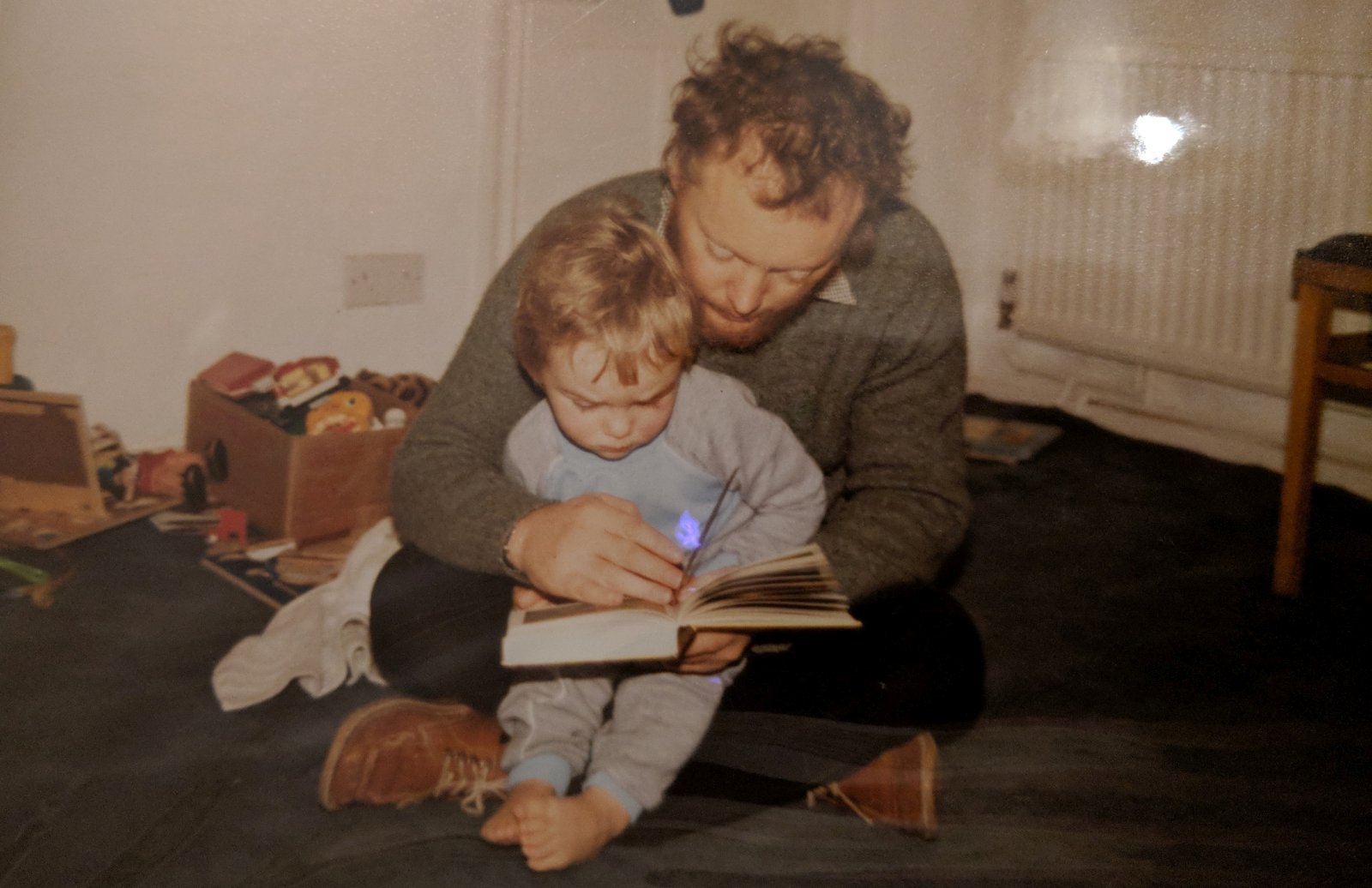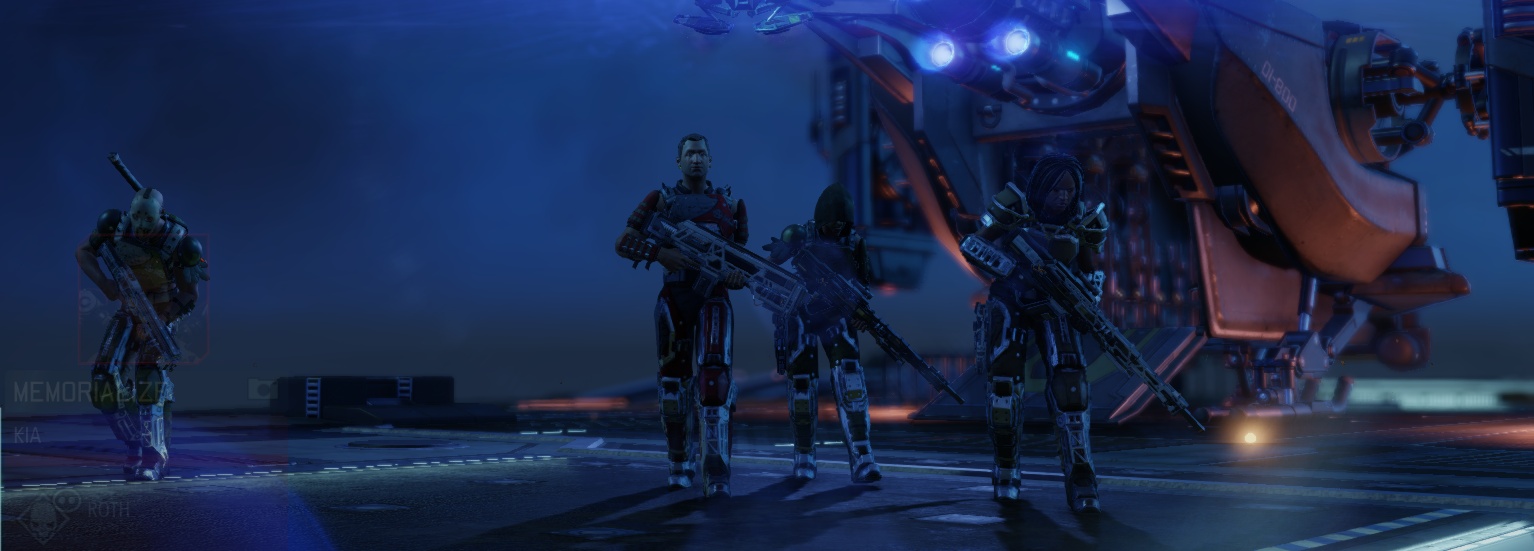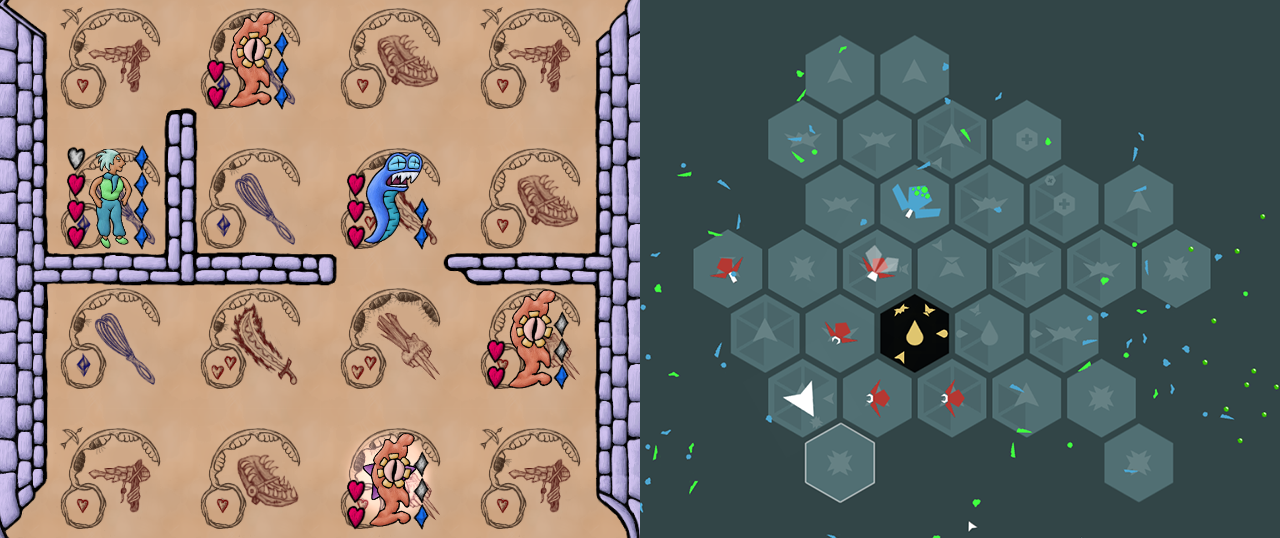TOM FRANCIS
REGRETS THIS ALREADY
Hello! I'm Tom. I'm a game designer, writer, and programmer on Gunpoint, Heat Signature, and Tactical Breach Wizards. Here's some more info on all the games I've worked on, here are the videos I make on YouTube, and here are two short stories I wrote for the Machine of Death collections.
Theme
By me. Uses Adaptive Images by Matt Wilcox.
Search
Charity
When Gunpoint did well, in 2013, I thought: “I should give some money to charity. But this might have to last me the rest of my life. So I should wait til I have a second game out, and see how that does.”
When Heat Signature did well in, 2017, I thought: “It’s doing great so far! But how fast will it trail off? This has to cover the budget of the next game. What if Steam’s algorithm changes and all our revenue stops? Maybe after the third game I’ll know more about-”
I see what my brain is doing. There’ll always be enough uncertainty in my life that I can delay a donation in the name of caution. But I don’t think that loop ends on iteration 3 or 4, so I’m cutting it short now. I’m giving $25,000 to the Against Malaria Foundation and another $25,000 to GiveDirectly. Continued

My Week
This year I’ve started tracking the hours I spend programming, because generally once I start tracking something I naturally start to optimise it. I’m not a workaholic – I’m at greater risk of not putting in the hours than of putting in too many, and I’d like to make sure I’m putting in enough.
Programming is about 40% of my job. Another 40% is design, and the other 20% is every other job on a game that isn’t art or music. The design part is hard to track though: I find most productive design thinking comes from a big engine in the back while you’re doing other things, as it randomly matches disparate ideas and sprinkles them with what you’re currently experiencing and asks: “Is that anything?”
Programming, though, I can measure: I start a timer and then focus on work for anywhere from 8 minutes to 80. If I get the urge to check Twitter, I can but I have to stop the timer to do it, and only log the work time. I only get to log the time if it really was focused work – all breaks and interruptions and meals and everything else is excluded. Back when I notionally worked an 8 hour-a-day job, I had an hour for lunch, lots of Twitter breaks and interruptions. I’d be surprised if I averaged as many as 6 productive hours a day.
Anyway, here’s my first full week’s programming time tracked: Continued

Dad And The Egg Controller
After dad died, trying to be useful, we looked through his office. ‘Office’ is underselling it – there was so much equipment that it could equally qualify as a workshop or even a lab. It had the special kind of ordely chaos of a place filled with a thousand incredibly specific things, meticulously organised by type, when you don’t know any of the types.
I opened a tiny drawer. Ah yes, this is where he kept things that were brass, cylindrical, and slightly ridged. I closed the drawer, my task complete.
On his desk, though, I saw something I did recognise. Something I knew it would be my responsibility to adopt, decipher, and operate. I don’t know if he ever gave it a name, so I will now: it’s the Egg Controller. Continued
Heat Signature’s Space Birthday Update Is Live!
Heat Signature is one Space Year old today! To celebrate, we’ve released a big free update we’ve been working on for five months, with over 20 features – including our own twist on a Daily Challenge.
Click through for details on each:
The Potato ‘Paradox’
I just learned about ‘The Potato Paradox‘, which refers to this surprising maths result:
Q: You have 100kg of potatoes, which are 99 percent water by weight. You let them dehydrate until they’re 98 percent water by weight. How much do they weigh now?
A: 50kg
It’s not a riddle or a trick, it’s literally true and the terms mean what they seem to mean. The Wikipedia page has some good explanations and diagrams of why the answer is right, which persuaded me that it was, but that didn’t solve the problem for me. To me the problem is: why am I so wrong about this? Continued
What Works And Why: Emergence
I love Deus Ex, System Shock 2, and Dishonored 2, and the name for these games is dumb: they’re ‘immersive sims’. If you asked me what I liked about them, my answer would be a phrase almost as dumb: ’emergent gameplay!’ Continued
Pitch: Tactical Breach Wizards
I’ve been tweeting GIFs of a game I’m prototyping in Unity for a while now, codenamed Tiny Ex-Cons, and recently did a video blog about the core elements I’m hoping to combine if I go ahead with it.
It’s too early to know if this is my next big project or not – my prototype doesn’t have enough to prove the concept yet – but I do want to start showing more of it. And I’ve been holding back part of the concept, and indeed the name. It’s not hard to describe, but it’ll only really work with the right art, so I didn’t want to talk about it until I was sure that side of things would work.
And hey, you know who’s good at art? Gunpoint and Heat Signature artist John Roberts! So he’s joined me again and sketched out some ideas for this new concept. Which is… Continued
Heat Signature’s Fair Points Update: Reacting To Good Reviews
I was too nervous to read Heat Signature reviews for two weeks after launch. I was relieved to see the scores were great, and after 3.5 years of work, that was all I wanted to hear: I didn’t want to know what their caveats were.
Once I calmed down and read them, though, I was delighted: they were not only very positive, but they told entertaining stories and made intelligent points. And almost every critique I read I thought was a fair point. Hence this: Continued
Death is Canceled for Space Halloween
For the duration of Space Halloween (27th of Space October to the 1st of Space November), life and death in the Drift will be a little different: Continued

Heat Signature’s Launch, And First Player Legend
I reshuffled this post a bit so I can link this part more easily:
Update On The Everything Gun
It’s been great to see how much people are loving this very silly weapon, and how excited people are to send us shots of them finding it. One thing I didn’t forsee was that for a small number of people, it could cause anxiety: the fear of missing out, or even when they have it, the fear of somehow losing it. So we’re going to simplify it: Continued
Heat Signature Is Out!
Or you can buy it from the Humble Store.
Supporter’s Edition
There’s also a Supporter’s Edition, which comes with a bunch of fun extras: Continued

A Leftfield Solution To An XCOM Disaster
This story starts exactly like the last great mission I had in an XCOM game: I kinda took on two missions at once. And everyone got tired from the first one, so we had to send our B-team on the other: to rescue a VIP. Continued
Heat Signature Release Date And Launch Celebrations
Heat Signature will be out on Steam 21st of September 2017! At time of writing, that’s Thursday of next week. It’s for Windows PCs, other platforms will depend on how this one goes.
We don’t do pre-order bonuses because I don’t want to pressure you to buy before reviews are out. But I am super grateful to those who buy at launch, because our whole future depends on how we do that first week. So we’re doing a few special things to celebrate it and thank those of you who are joining us: Continued
What Works And Why: Prey’s Intro
The start of Prey is one of very few narrative-based game intros that really worked for me. And it comes not that long after one in the same genre that especially didn’t: Mankind Divided. So I thought it might be interesting to replay both and compare what works and what doesn’t. Not to pick on Mankind Divided – I loved the game after the stumbling start – but just because you can be more specific with praise if you have something to contrast it against.
I talked through my thoughts on both intros as I replayed them in the videos here, and I’ll summarise and add some conclusions through the magic of text. Obviously both parts of this post spoil the intros to these games. Continued

Morphblade And Imbroglio: Making A Game To Test A Critique
I released Morphblade last week, which is a game I made in direct response to Michael Brough’s Imbroglio. They’re both games where you move around a grid of different tile types, and the one you’re standing on determines what you can do there.
I’ve also been playing a lot of XCOM 2 lately, and dreaming up my own indie equivalent to solve its clarity problems. So I started to worry: am I less original now? Have I gravitated towards building on other people’s ideas? Gunpoint was derivative, but at least it was derivative of many things rather than any one game.
But it’s OK, because like so many unoriginal people I found a way to rephrase this to make myself sound good. This is not unoriginal game design, it’s playable games criticism! I used to write about where games went right or wrong, now I actually try fixing their problems and find out if I’m right!
That’s bluster, of course, but it’s reasonably true of Morphblade. It started as a private experiment: I hate getting screwed by the corridor generation in Imbroglio! Couldn’t I just remake Imbroglio and fix that? Can I fix that? Am I right that it would help?
Along the way, I realised I had opinions about almost every other part of Imbroglio, and tried doing each of them my way to see if it worked. Not: “The game has these flaws, I will fix them!” – Imbroglio is hugely successful at being the game it wants to be. More: “I wouldn’t have done it this way, how would my way have worked out?”
So here, specifically, were the main changes I was interested in trying: Continued
